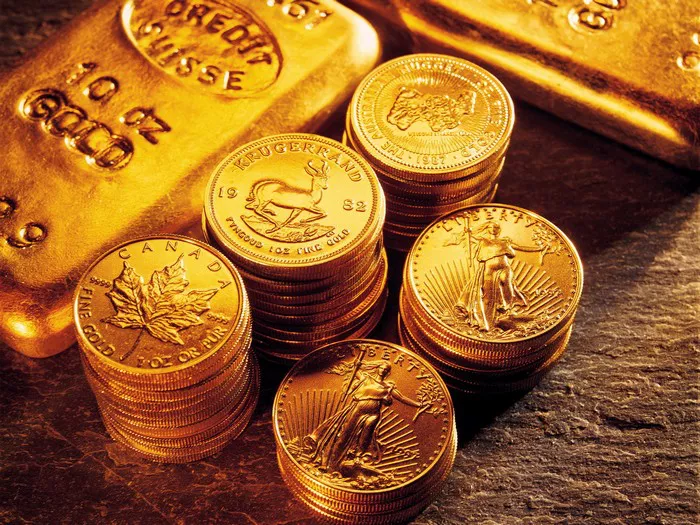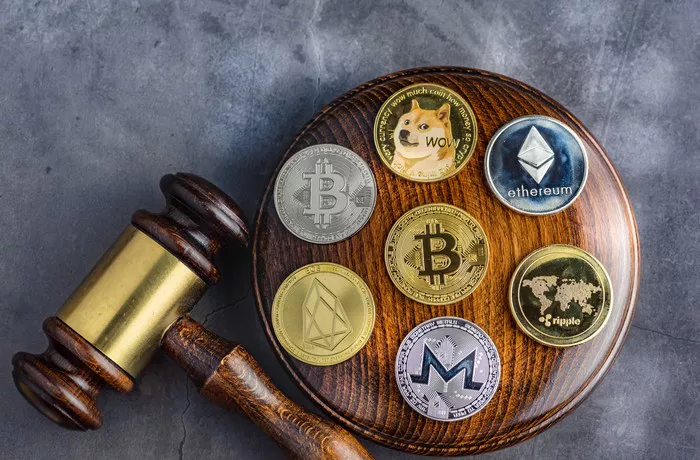For nearly 60 years, Warren Buffett, CEO of Berkshire Hathaway (NYSE: BRK.A) (NYSE: BRK.B), has aimed to outperform the S&P 500. As of May 23, Berkshire’s Class A shares have delivered a staggering cumulative return of over 6,120,000% since the mid-1960s. This is more than 150 times the total return of the S&P 500, including dividends.
Buffett’s consistent success has earned him a devoted following. Around 40,000 investors attend Berkshire Hathaway’s annual meeting each year to hear his insights on the stock market and the U.S. economy. Additionally, investors eagerly watch Berkshire’s quarterly 13F filings to track the stocks Buffett and his top advisors, Ted Weschler and Todd Combs, are buying and selling.
However, a recent trend has caught Wall Street’s attention: Buffett and his team have been net sellers of stocks for 10 consecutive quarters.
Berkshire Hathaway’s Net Selling Over the Past Two Years
Berkshire’s quarterly cash flow statements reveal that in the quarter ending March 2025, the company bought $3.18 billion in stocks but sold $4.68 billion, resulting in a net sale of $1.49 billion. Over the last 10 quarters, Buffett’s team has sold more stocks than it has purchased, with a total net selling amount of $174.4 billion.
This selling peaked last year, notably with substantial reductions in Berkshire’s holdings of Apple and Bank of America.
Buffett’s continued selling since October 2022 signals a cautionary message to the market. As he wrote in his latest annual letter to shareholders: “A lot of times, nothing looks convincing.”
The Oracle’s Stark Warning to Investors
Despite this extended selling streak, Buffett remains optimistic about the long-term prospects of the U.S. economy. He believes investors should not bet against it. While acknowledging that recessions and market corrections are inevitable, Buffett stresses they tend to be short-lived. Historically, betting on U.S. economic growth and rising stock prices has rewarded long-term investors.
But Buffett’s investment philosophy is also grounded in value. He seeks “good deals” and is unwilling to buy when prices are too high.
Berkshire Hathaway Suspends Share Buybacks Amid High Valuations
Between July 2018 and June 2024, Buffett authorized Berkshire Hathaway to repurchase nearly $78 billion of its own shares. This buyback program, sustained over 24 quarters, aimed to reward shareholders and boost earnings per share.
However, from July 2024 through March 2025, Berkshire did not repurchase a single share. The likely reason? Berkshire’s stock price now trades at a 60% to 80% premium to its book value, up from a 30% to 60% premium seen over the previous six years.
Buffett’s decision to halt buybacks of his own company’s stock sends a clear and powerful signal to Wall Street: stocks are expensive.
Valuation Indicators Confirm Stocks Are Overpriced
This caution aligns with key market valuation metrics hitting historic highs:
The Buffett Indicator — the ratio of total U.S. public company market value to GDP — reached an all-time peak of 205.5% in mid-February 2025. Since 1970, the average reading has been about 85%.
The Shiller Price-to-Earnings (P/E) ratio, or CAPE, for the S&P 500 was nearly 39 times in December 2024, well above its 154-year average of around 17 times.
Both suggest that the stock market currently offers little value.
Buffett’s Patience and Selective Buying Offer a Lesson
Despite these valuations, Buffett’s long-standing patience has historically paid off. He waits for prices to come down to attractive levels before buying.
One example is Berkshire’s continued accumulation of satellite radio operator Sirius XM Holdings (NASDAQ: SIRI), where Berkshire now owns over 35%. Sirius XM’s forward P/E ratio is about 7 times, near its all-time low in over 30 years as a public company. Unlike traditional broadcasters that rely heavily on advertising, Sirius XM earns most of its revenue through subscriptions, offering a favorable risk-reward profile.
A Cautious Market Calls for Careful Investing
Warren Buffett’s biggest warning to Wall Street is clear: stocks are expensive, and now is not the time to rush in. His decision to halt share buybacks and his sustained net selling of stocks highlight this concern.
Yet, his faith in the U.S. economy’s long-term growth remains strong. For investors, Buffett’s discipline and patience serve as a reminder to focus on value and avoid chasing overpriced stocks.
History shows that Berkshire Hathaway shareholders and patient long-term investors have been rewarded by this approach — even when the market faces uncertainty.


































